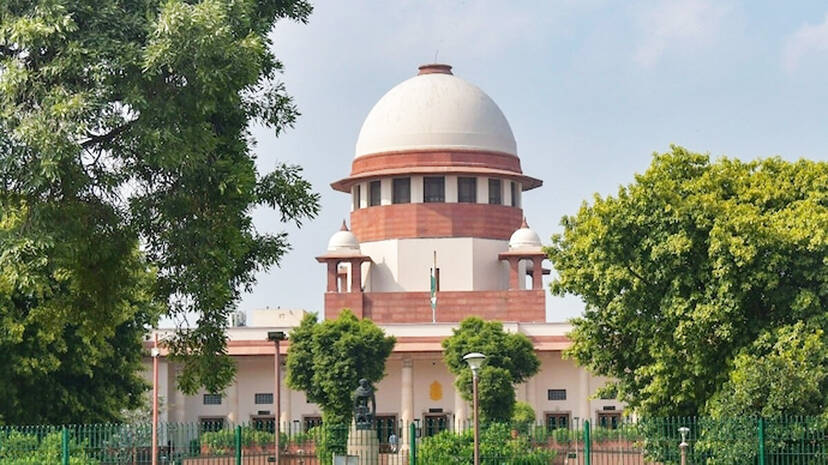

As per the existing law, a person convicted of any heinous case, including rape and drug trafficking, can contest elections after six years of conviction. The demand that this is not right and that such people should be banned for life from contesting elections has already been raised in the public. As the amicus curiae appointed by the Supreme Court pointed out the same demand in the report, the bench chaired by Chief Justice DY Chandrachud has decided to form a special bench to hear the arguments in detail.
A person convicted in a serious criminal case will lose government employment. Those accused in criminal cases are also not eligible for government jobs. However, this does not apply to contesting elections. The question raised by those in favor of a lifetime ban is why this law, which is applicable to government officials, should not be applied to those contesting elections. When the Supreme Court heard a Public Interest Litigation against the criminalization of politics, the amicus curia argued it was unconstitutional to allow even those convicted of crimes like rape, corruption, drug trafficking, and terrorism to contest and re-join the legislature six years after their release. However, the central government has taken a stand against this in the Supreme Court.
Criminal cases in which politicians are named accused are often delayed for years. There are currently 4,442 criminal cases against sitting MPs and MLAs in the country. The trial of these cases gets dragged on for years due to the influence, power, and interference of politicians. This needs to be fixed first. Former Akali Dal MLA Veera Singh is an accused in the 1983 murder case of a doctor in Punjab's Tarn Taran district. However, the trial court charged this politician only in 2019. The Supreme Court has asked the High Court to disclose all the details of this case. The number of people's representatives who are convicted in criminal cases is also very low. Hence, at present, there is no ban on contesting elections for those who are facing trial for serious crimes. This has to change. A politician convicted in a corruption case should be banned for life. Even if such people are banned in North India etc., they will find shortcuts to bypass this law by making their wives or children contest the election. Meanwhile, it is natural that those working in politics will face criminal cases. Such cases can also arise due to political enmity. So, let us hope that the special bench of the Supreme Court will make a final decision on the punishment and ban by taking all this into consideration. In any case, the criminalization of politics should be avoided.